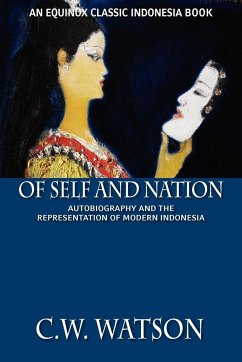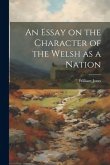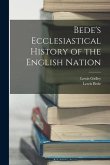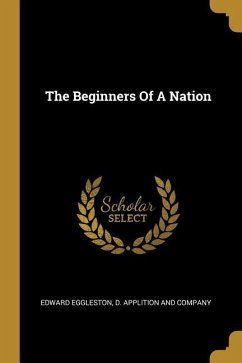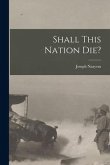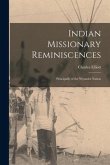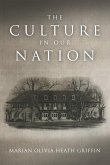"A brilliant reinterpretation of Indonesian history, providing a wonderful access for historians and anthropologists to Indonesian culture. Indeed, it gives them the literary tools which they sorely lack and which, I fear, they don't always realize they lack. This is a major milestone in the study of Southeast Asian autobiography." -Amin Sweeney, University of California, Berkeley Recent scholarly work on nationalism has revealed the importance of the nation imagined as a community. The subjects of these works, however, have been largely political speeches, polemical essays, and radical journalism. Missing has been the one literary genre where the individual's commitment to the imagining of the nation is most explicitly addressed: autobiography. In looking critically at eight autobiographical works, all concerned in one way or another with the question of what it means to be an Indonesian in the twentieth century, C.W. Watson demonstrates the value of reading autobiographies as accounts of nation-building. Opening with a critique of a turn-of-the-century collection of letters by an aristocratic Javanese now celebrated as the founder of the women's movement in Indonesia, Watson goes on to consider the autobiography of another Javanese who was co-opted into the Dutch colonial service and whose reflections on his relationships with senior Dutch officials lay bare the dynamics of the process of twentieth-century colonialism. Other autobiographies by writers and religious figures from Sumatra and Java who actively participated in the struggle of the nationalist movement in the 1930s and 1940s are also carefully scrutinized. The final chapter considers how autobiographies written by a younger generation of Indonesians in the late 1980s reconsider Indonesian nationalism in the light of a commitment to a modernist Muslim perspective on the nation. Watson's approach to the autobiographies highlights particular sections in the texts where the writers hesitate or shift their perspective within their narratives and consequently reveal more than they perhaps intended. Close attention is paid to the declared intention of each autobiography, how the writers set about constructing a self-image of themselves by selecting one episode of their lives over another and how they see their lives as being bound up with that of the nation. In making use of this and other methods drawn from literary criticism, history, and critical ethnography, Of Self and Nation offers an original and illuminating approach to understanding how a modern nation came into existence and how its people have constructed a sense of national identity.
Hinweis: Dieser Artikel kann nur an eine deutsche Lieferadresse ausgeliefert werden.
Hinweis: Dieser Artikel kann nur an eine deutsche Lieferadresse ausgeliefert werden.

